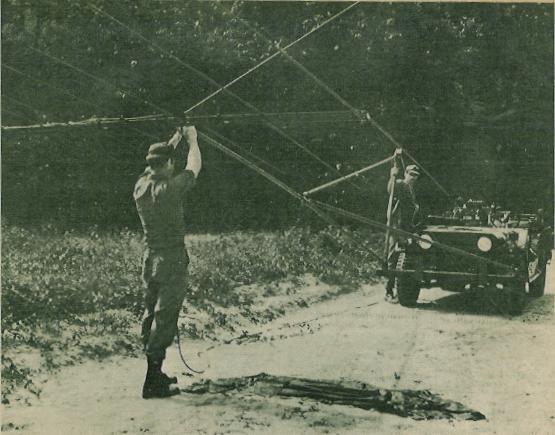« on: October 07, 2022, 12:42:36 PM »
What, specifically, are the traits, properties, attributes, characteristics & elements of "Power(s)" as the word is used in the linked page?
- AS the word is used in Neal's essay, "How I Would 'Fix' the Constitution," "power" refers to the legal right or authorization to act or to not act." But, that is a definition and you asked for "the traits, properties, attributes, characteristics & elements" being intended by his use of the word in the context of his essay. You, Dale Eastman, did not address any particular party, so I shall endeavor to suggest Neal's meaning for the word "Power" in his essay.
.
For context, I suggest the word is used to convey a legalization of violence, although that trait is pointed - to monopolize said violence. That is, no other body is authorized a monopoly on violence. I’m going to say that the attributes and characteristics are one and the same thing for his use of the word “power.” Let me recap here, in the rendering of the attributes and characteristics, before we go into the elements.
.
The first three Articles of the Constitution use the word in the same sense of traits and properties – that as defined by “the legal right or authorization to act or to not act." Yet, the first three Articles use the word in three different senses as viewed by the singular characteristics and attributes in which they are framed: First, Art I says “legislative Powers” which is making, enacting, or proposing laws. Second, Article II says “The executive Power,” to attribute the enforcement of laws as the singular characteristic being conferred. And, third, Art III speaks of “The judicial Power,” which authorizes a system of courts to decide cases and controversies between various parties who may seek suit or satisfaction between situations, properties, events, or actions being contested.
.
Hence, the three Articles has each a different scope of use for each of the types of Powers being authorized. And, thus, each of the three Articles describes different elements of those Powers, so that they will be fit for their individual application.
.
So, in the first sentence of his essay, when he proposes his theme, the question as to too many or too few “powers,” Neal was speaking of “Powers” generically as one may speak of fruit. And, to speak specifically about these Powers, as your questions demand, one may have to narrow the questions to which branch of the government one is questioning. It is like apples and oranges, very different in look and taste, but both fruit, nonetheless. Same with the Powers that were authorized.
The reason I used the word violence is that these three branches of the government have been authorized to use force.
➽ You, Dale Eastman, did not address any particular party, so I shall endeavor to suggest Neal's meaning for the word "Power" in his essay.
And for that, I tip my hat to you sir.
➽ the government have been authorized to use force
Authorized by who?
The federal government has been authorized by the state legislatures, beginning about 1791 and continuing by oath of duty in hiring federal civil servants and by oath of duty all in enlisting soldiers. We each have sworn to support and defend that same document, the Constitution of the United States. Did you serve, Dale?
➽ The federal government has been authorized by the state legislatures
Who authorized the state legislatures?
➽ We each have sworn to support and defend that same document, the Constitution of the United States.
I am assuming you've never heard of Lysander Spooner.
➽ Did you serve, Dale?

« Last Edit: October 08, 2022, 12:27:14 AM by Dale Eastman »
Natural Law Matters

